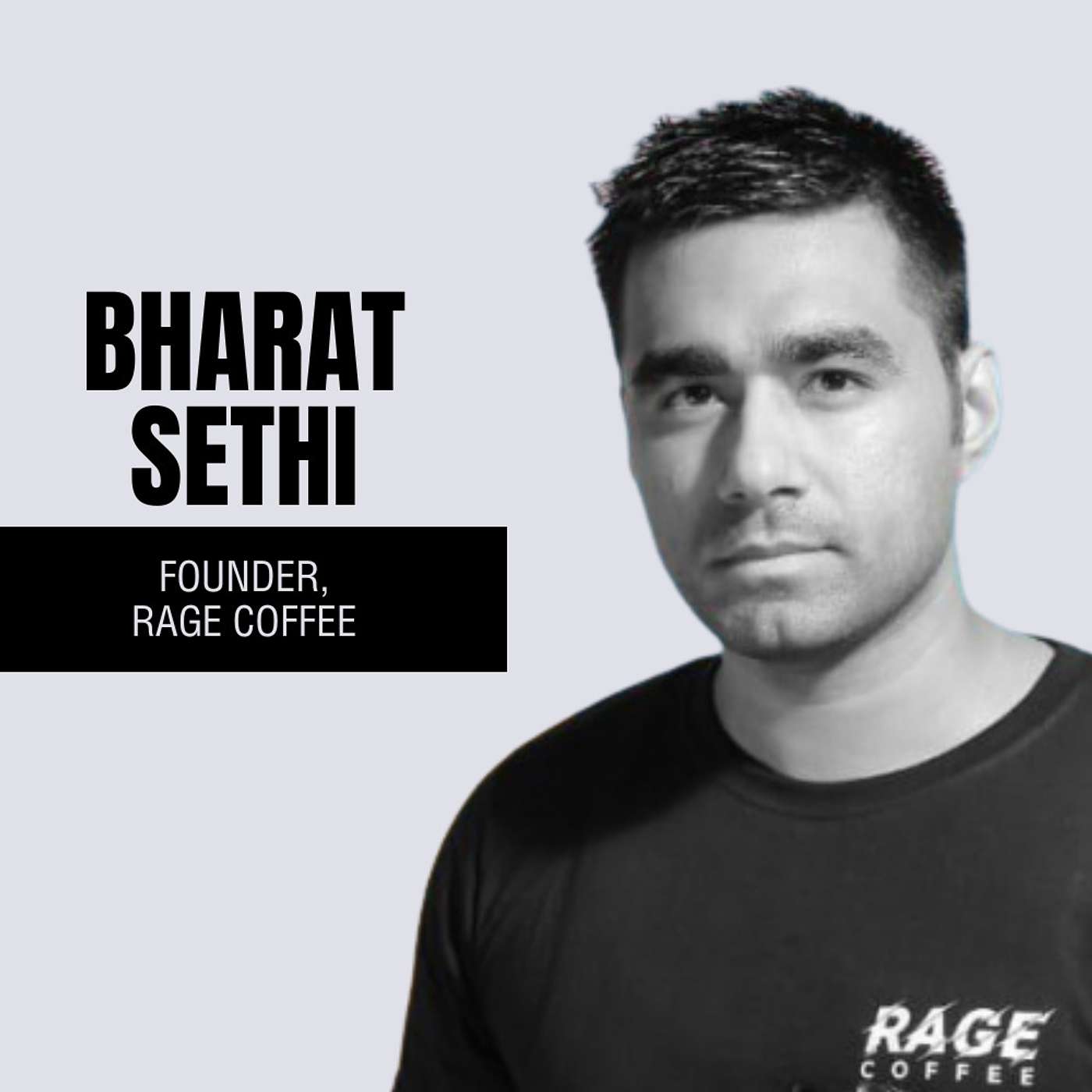The Framework to build Category Creators for Consumer Market in India ft Bala Srinivasa, Managing Director, Arkam Ventures
Today being an entrepreneur and starting with a new idea, you can take either of the two approaches - 1. You can build on top of an existing category in the market and bring your unique offerings2. You can take the riskier bet and create an entire category. In India, companies like Flipkart, Oyo, Ola etc. are the ‘Regional’ first movers. Although their concept was inspired from the global companies, however, being the first mover in the Indian subcontinent region gave them an advantage.In today’s episode we have Bala Srinivasa, Managing Director, Arkam Ventures, who has a great focus on identifying and investing in such Category Creators for Middle India. Prior to Arkam, Bala, was part of the founding team at Vistaar, which in simple words helps companies like Cisco, Dell, GE, Ford, and Hitachi to make better, faster, and more profitable business decisions.Post that he became one of the founding members of Amba research, which was acquired for $100 Mn by Moody’s. After Amba, he was also with Kalaari Capital for over 3 years, post which he co-founded Arkam Ventures, a Venture Capital firm with a focus on “Category Creators for Middle India” and “Enablers for the Global”.In today’s episode, we talk with Bala about key ingredients of building a Category Creator, Solving for the pricing problem in SaaS startups, taking SaaS to the mass audience in Tier-3 cities and towns and much more.Notes - 02:01 - Intro04:05 - Essential ingredients to build a $10 Mn ARR company06:29 - Why focus on category creators for Middle India? 18:38 - Zoho Sponsored – Prashant Ganti on Where do founders struggle with Payroll and how can they fix it?20:08 - Evolving from a single problem statement to a platform with multiple offerings22:23 - Razorpay’s gameplan for trust building for Small town customers24:06 - His thesis around investing in enablers like Signzy and Spotdraft30:26 - His thoughts on India-focused SaaS with regards to pricing33:24 - Themes and Thesis which didn’t worked out38:42 - What gave him an edge into the middle India consumer?Also, try out a 30-day free trial of Zoho Payroll, and simplify your Payroll journey as an entrepreneur!https://zoho.to/zoho-payrollSend us a text

42m



















































